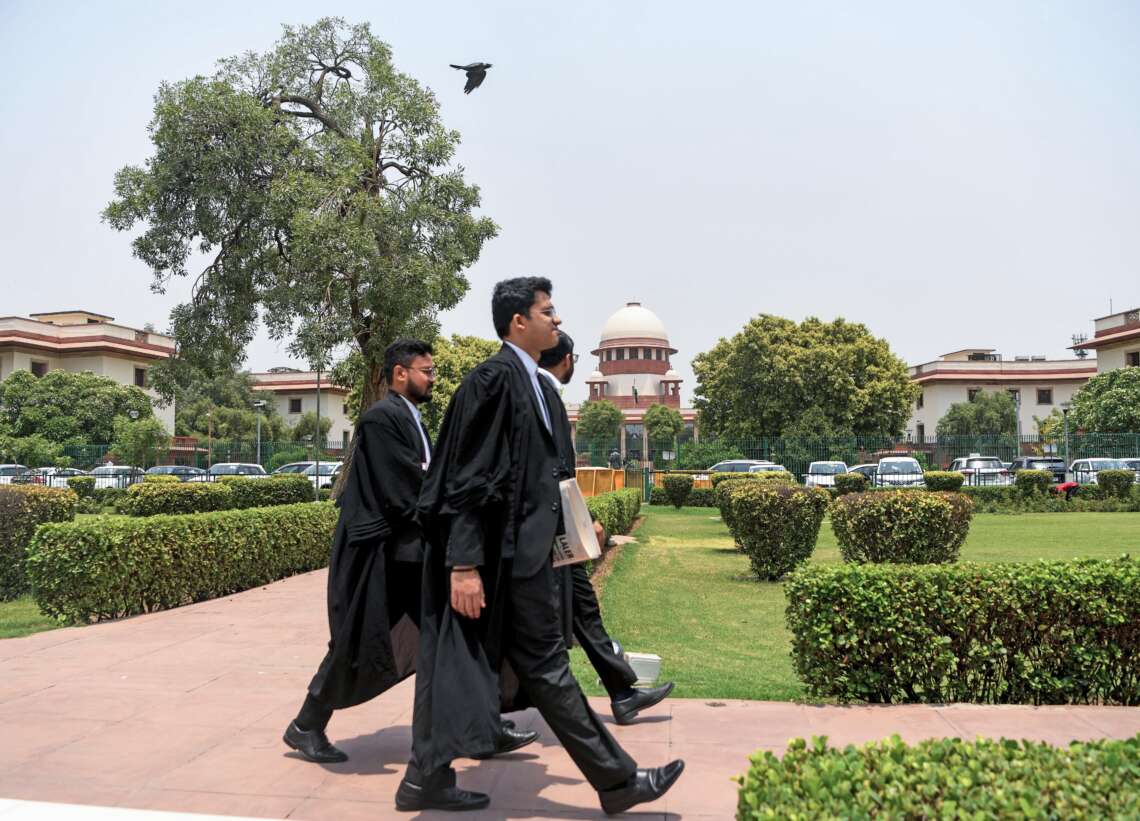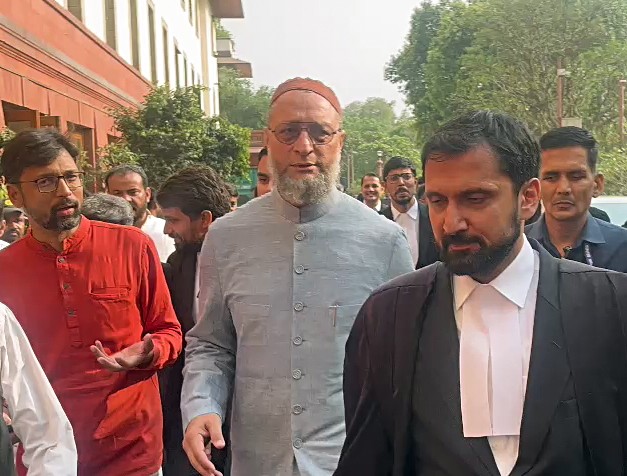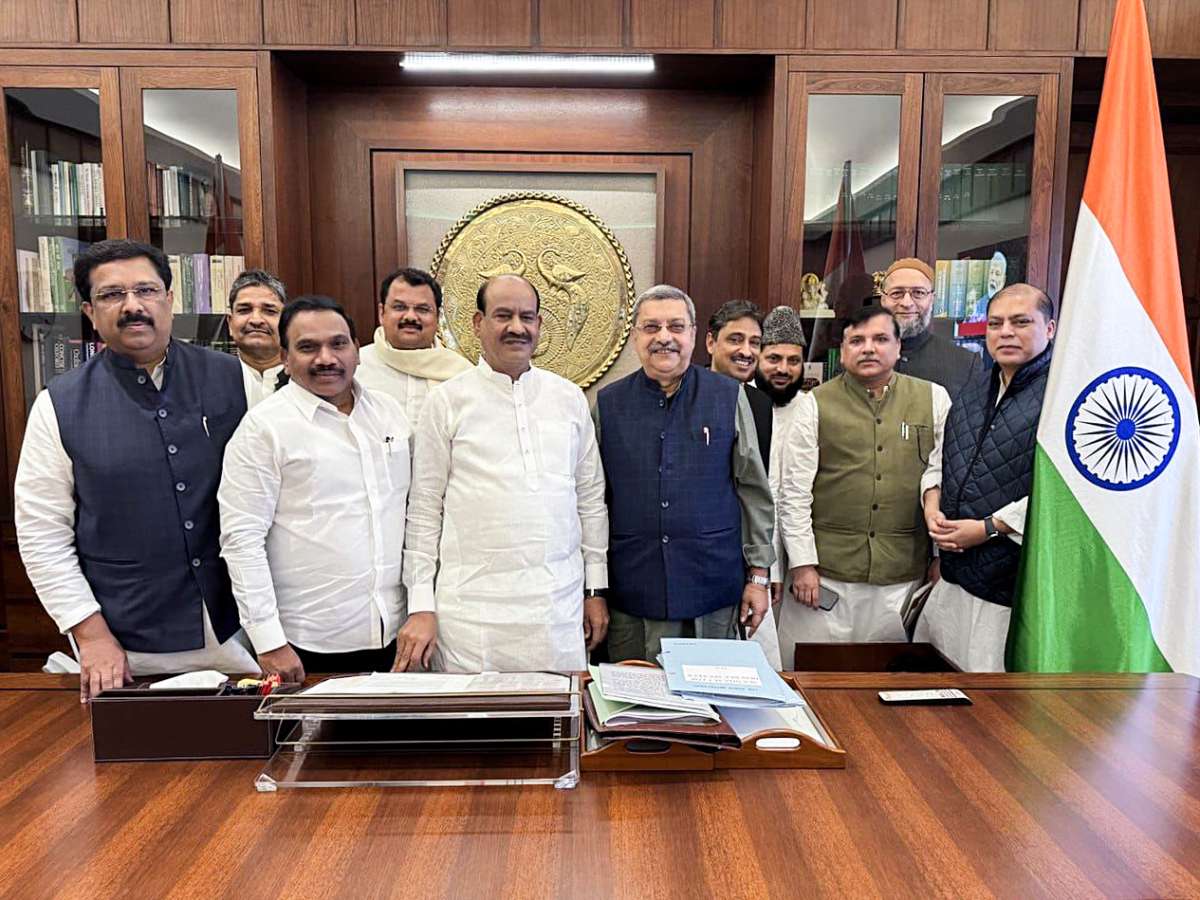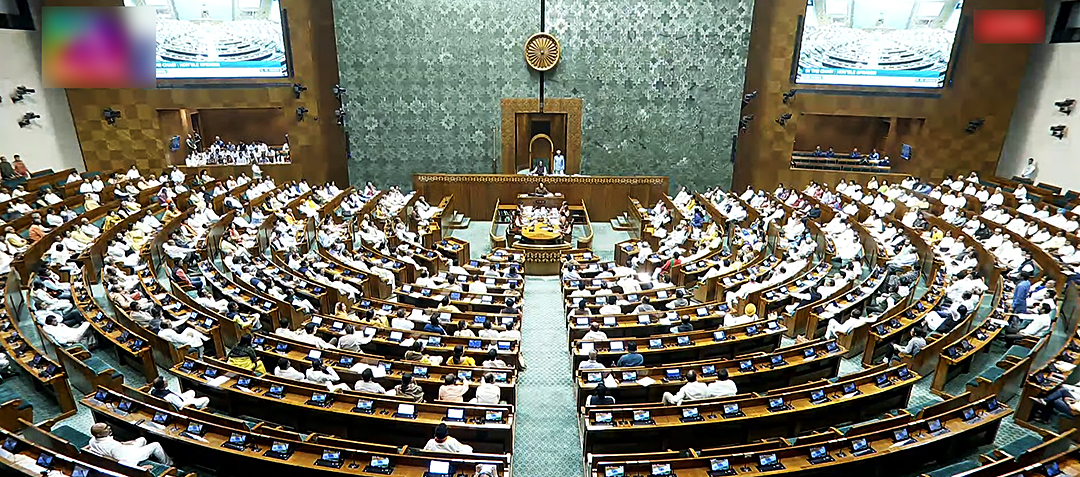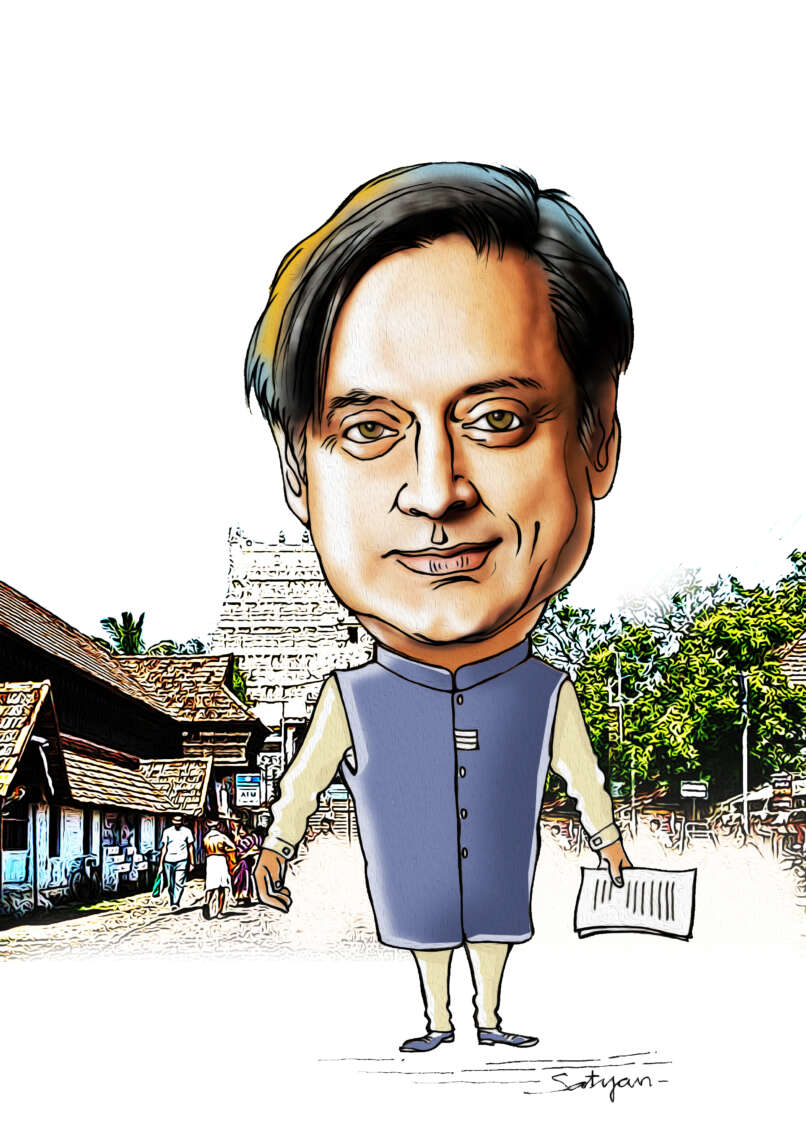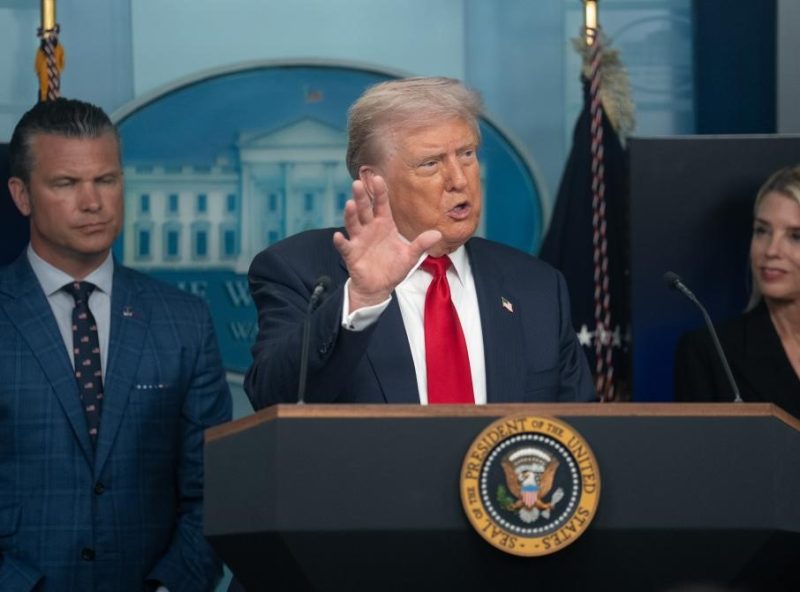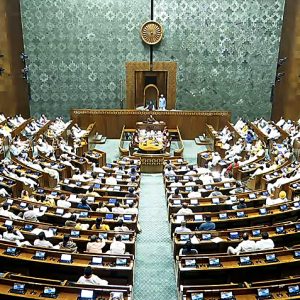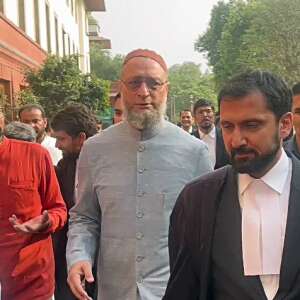Solicitor General Tushar Mehta, representing the Centre, told a bench of Chief Justice of India BR Gavai and Justice Augustine George Masih Waqf Board does not touch upon any religious functions
The central government on Wednesday told the Supreme Court that Waqf is an Islamic concept, it is not an essential part of Islam and Waqf boards discharge secular functions.
Solicitor General Tushar Mehta, representing the Centre, told a bench of Chief Justice of India BR Gavai and Justice Augustine George Masih Waqf Board does not touch upon any religious functions.
“Waqf is an Islamic concept. But it is not an essential part of Islam. Waqf is nothing but just charity in Islam,” said Mehta, adding that charity is recognised in every religion, and it cannot be regarded as an essential tenet of any religion.
Defending the Inclusion of non-Muslims in the Waqf board, he said that it was for diversity and to take care of the secular aspects of the Board.
“Waqf Board discharges only secular function. Managing properties, register maintenance, and auditing accounts. Purely secular. There is a power to regulate secular practices in a religion. Administration of property has to be in accordance with law,” said Solicitor General, adding that having two non-Muslims on the Board will not affect any religious practice.
He said the amendments in Waqf Act were brought in after taking into confidence all stakeholders and were solely aimed at curbing mismanagement and misuse of Waqf.
Solicitor General said that the Amendment Act was passed after detailed deliberations by the Joint Parliamentary Committee, which took the views of various stakeholders across the country.
He further submitted that there was a lot of “mischief” going on in the name of Waqf-by-user, as there are cases across the country of government properties being claimed.
Abolition of Waqf-by-user is prospective, and the existing Waqfs won’t be affected if they are registered, he added. Also, Waqf-by-user is not a fundamental right, said the Solicitor General.
“Now a false narrative is being made that Waqf is being snatched. This is nothing but the country being misled. Waqf-by-user is not allowed prospectively with some exceptions. One, it should be registered,” he argued.
He also submitted that once a property comes into dispute only the Waqf character is taken away and not the possession or other rights with respect to the property.
Mehta also said that the 2025 Act included provisions regarding Waqf-Alal-Aulad, specifically concerning the protection of female inheritance rights in family endowments, ensuring that women heirs receive their rightful share before property is dedicated to Waqf.
The apex court has been hearing arguments on interim stay of the Act. The arguments will continue tomorrow as well.
A batch of petitions challenging the Act was filed before the apex court, contending that it was discriminatory towards the Muslim community and violates their fundamental rights.
Six Bhartiya Janta Party-ruled states had also moved the apex court in the matter, in support of the amendment.
President Droupadi Murmu on April 5 gave her assent to the Waqf (Amendment) Bill, 2025, which was earlier passed by Parliament after heated debates in both Houses.
Central government had filed its preliminary affidavit in the Supreme Court while seeking dismissal of petitions challenging constitutional validity of Waqf (Amendment) Act, 2025 as it said law was not violative of the fundamental rights guaranteed under the Constitution.
The Centre in its affidavit had said the amendments are only for the regulation of the secular aspect regarding the management of the properties and hence, there was no violation of the religious freedoms guaranteed under Articles 25 and 26 of the Constitution.
The Central government had urged the court not to stay any provisions of the Act, saying that it is a settled position in law that constitutional courts would not stay a statutory provision, either directly or indirectly, and will decide the matter finally. (ANI)


